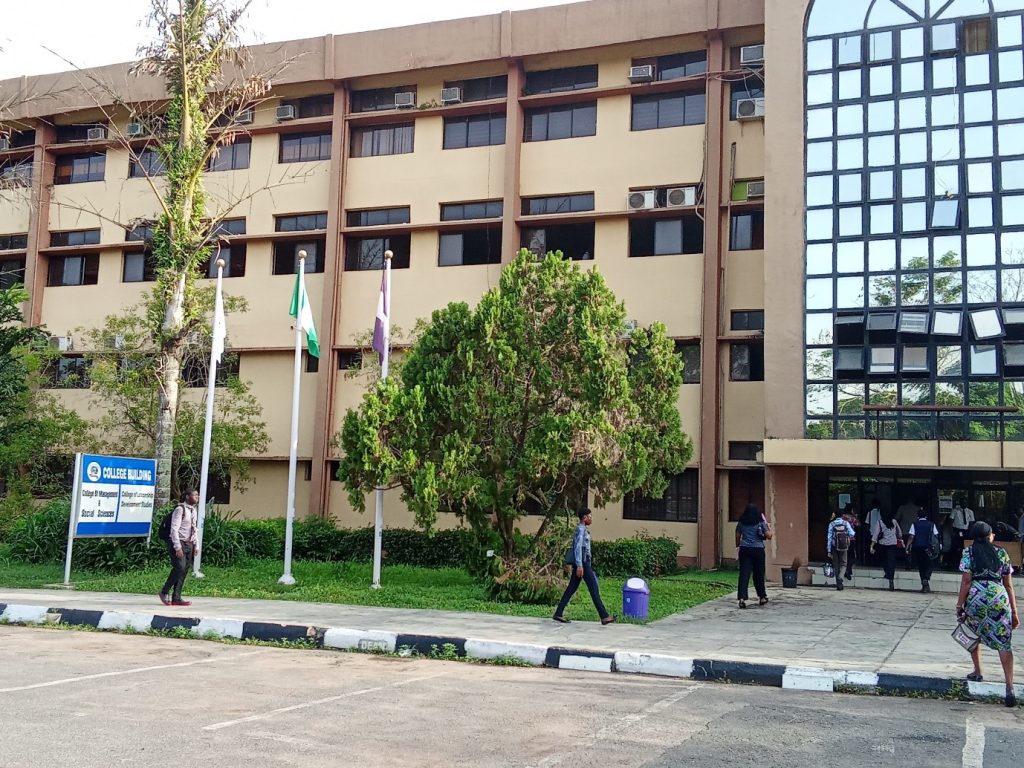ABOUT US

Overview
Psychology started as a Programme with other disciplines such as Sociology, Counselling, Philosophy and Human Development in October 2002 under the former College of Human Development. In September 2004, the Department was changed to Human Resource Development, comprising both the Psychology and Counselling Programmes.
In September 2009, the Department was re-named Department of Psychology, accommodating courses in Psychology and Counselling. The department started with two (2) faculty but presently has a complement of professors and seasoned Faculty and dedicated non-teaching staff. More than 90% of the academic staff possess the doctorate degree.
In 2007, full accreditation status was awarded to the Department by the National Universities Commission. Another accreditation panel from the National Universities Commission (NUC) visited the Department, in November 2012 and the Programme was again given full accreditation. The first set of students graduated in 2006.

Our Vision
Our Mission


Our Philosophy
Our Objectives
- Equip and empower graduates with practical skills of managing overt and covert behaviors of personnel working in diverse sectors of the economy
- Produce graduates who are psychologically adjusted to occupy leadership positions in their areas of operation
- Train graduates who are psychologically and mentally equipped to meet the requirements for employment in the labour market, thereby contributing to the eradication of unemployment and poverty in Nigeria
- Develop in graduates a broad, balanced and analytical psychological knowledge necessary for understanding and resolving health related challenges such as HIV/AIDS
- Produce graduates with a wide range of human development knowledge processes as they relate to and improve on family, school, and workplace bond
- Equip students with a broad range of cognitive and practical skills necessary for carrying out empirical research directed at resolving psycho-socio-economic challenges of the nation
- Make students sufficiently confident to engage in intellectual discourse and debates of psychological relevance in an independent manner.
